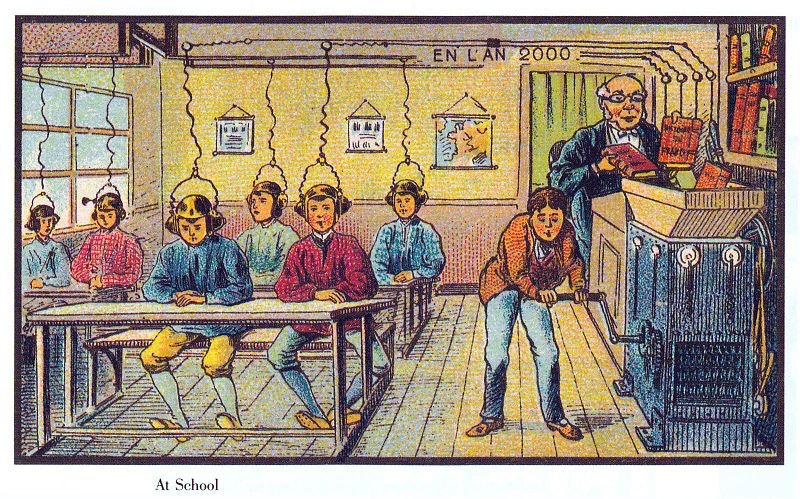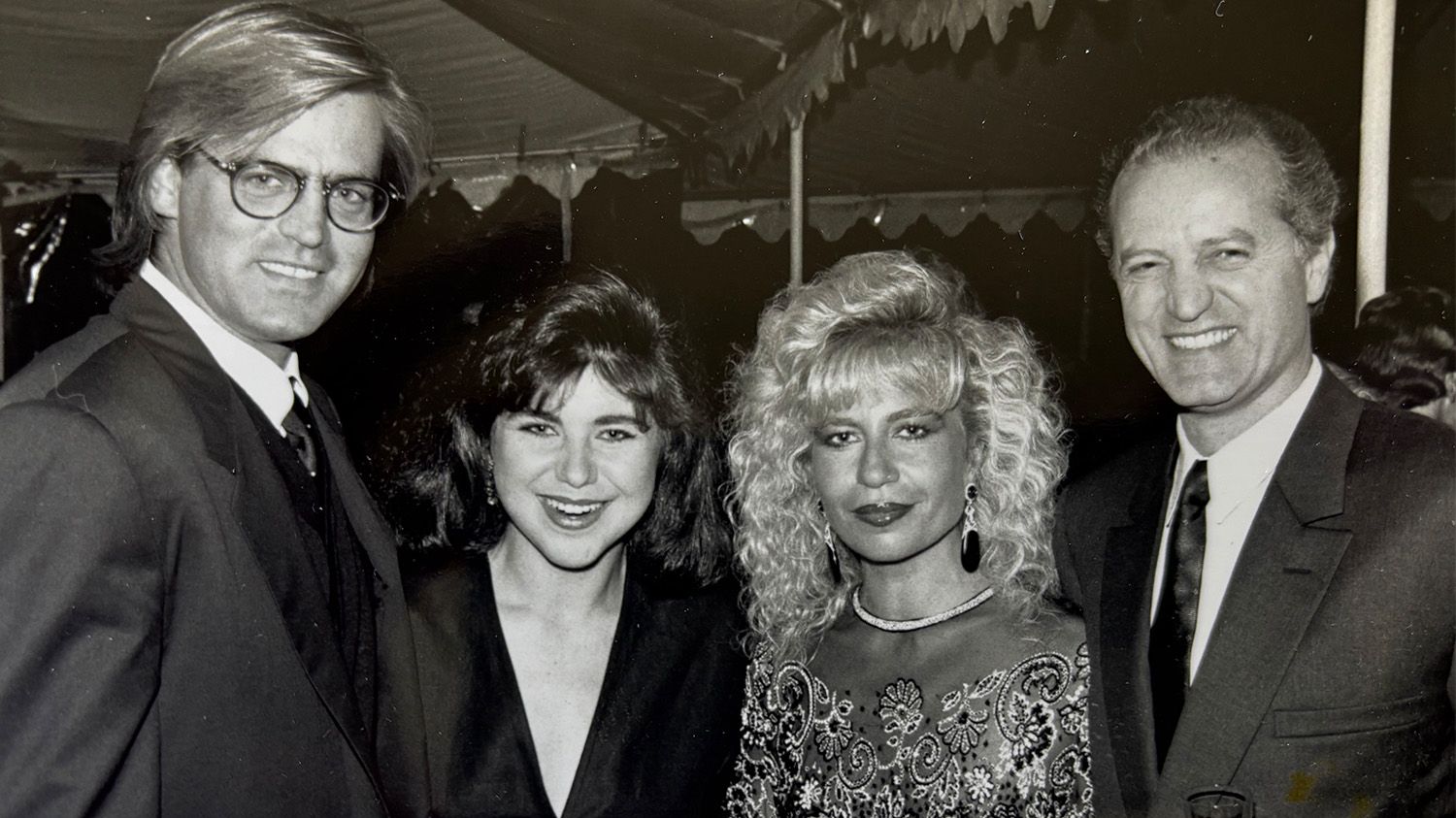Why Books Don’t Work!

Want to listen to this article instead? Tune in here.
Yesterday morning, a client of mine, whom I'll refer to as Peter, sent me a lovely text stating the following:
Peter: You’re like the human AI!
Me: Why?
Peter: Because you’ve read every non-fiction book ever written and you have a book recommendation for every dilemma.
Peter is exaggerating, but it’s true that I've always been a reader. In a way, I’ve been educating myself through books since I was in my teens.
I was hard pressed to crack open a text book, but devoured any about human behavior, potential and the metaphysical.
But my insights and learnings — those that have led me to becoming a Professional Coach — have less to do with consuming information, and a lot more with taking the time and putting in the effort to digest that information.
Information and knowledge are like the foods we eat. We receive no benefits unless they are properly digested. By the same token, information doesn’t translate into wisdom and actionable insights unless it goes through the equivalent of digestion.
Think of the last non-fiction book you read. How much knowledge did you actually retain from the book? Maybe you walked away with the general idea the author was trying to convey. But after reading hundreds of pages and thousands of sentences, what did you specifically take away?
If you’re like most people, your answer will likely be, “very little.”
Don’t be embarrassed. I’m here to tell you that this is not a “you” problem. Most of us, if we’re being honest, will admit to the above.
You see, merely reading doesn't automatically lead to profound and transformative comprehension. While it is the first step and a requirement, it’s not enough if our aim is to truly retain and absorb the knowledge to bring about real change in our lives.
Most people my age were educated at a time when “Transmissionism” was believed to be the model for how people learned — the core idea being that people absorb knowledge by reading sentences.

An interesting take on “Transmissionism” — The teacher, a pleased-looking man with spectacles, feeds books into a machine that appears to grind them, as one student turns a crank, into knowledge in the form of electricity. Wires from the machine run up the wall, across the ceiling, and over the students, where they hang down and plug into contraptions on the students’ heads. The idea seems to be that in school in the twenty-first century, knowledge will be piped directly into students’ brains. — Teaching & Learning in Higher Ed.
Photo: A 19th-Century Vision of the Year 2000, The Public Domain Review
Anyone familiar with the realm of education and learning knows that this concept is simply not true. Do some people truly learn and absorb knowledge this way? Yes, but they are in the minority. The vast majority of us — regardless of age — are able to grasp insights only by actively engaging with the information.
This is why my years of profuse reading and consuming information did very little to actually change my life.
It’s true that I consistently recommend and send books to my clients. But those books certainly don’t possess any magical powers! They work because my clients commit to actively involving themselves with the book’s content through:
1. Consistent deep coaching conversations, and
2. Testing the concepts through actions (not just talking and thinking about them).
So, the next time you want to pick up a book, first ask yourself, “Am I willing to make the time, put in the effort, and do the work to truly absorb the knowledge in this book so that it makes a difference in my life?”
If you’re being totally honest with yourself, more often than not, your answer will be a clear no. And I wouldn’t blame you for it because it is a serious commitment of additional time and effort.
But if you love reading, like I do, and want to make better use of your time by actively engaging with the book’s content, here are 7 ways you can turn information into transformation.
1. Train your mind to reflect and ask questions as you are taking in the information. This means asking yourself things like, “What does this really mean? How is this related to my life? This concept reminds me of…”
2. Take notes to analyze and synthesize your learnings, not just to transcribe or repeat the author’s words.
3. If the book doesn’t offer you practices, create your own real life practices to test the truth of the concept for you. Nothing allows information to turn into insight faster than personal experience.
4. Join or create a group of like-minded people who want to discuss and explore ideas and learnings in a safe and brave space.
5. Work with a Professional Coach.
6. Listen to the audio version of the book you have read. Receiving information through a new medium often allows for a deeper understanding of the subject.
7. Respect and leverage the power of repetition. Humans almost never really truly “get it” the first time around. Repetition, far from being useless, is perhaps the most important practice required for digestion of information.







